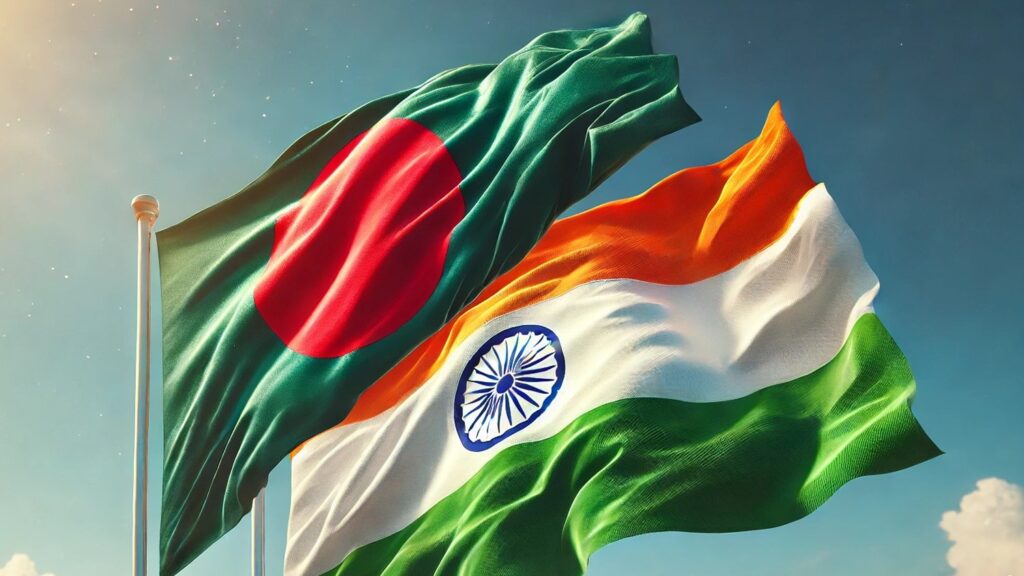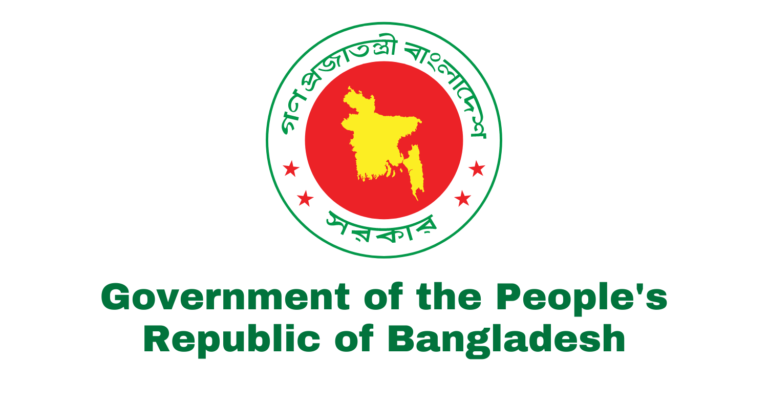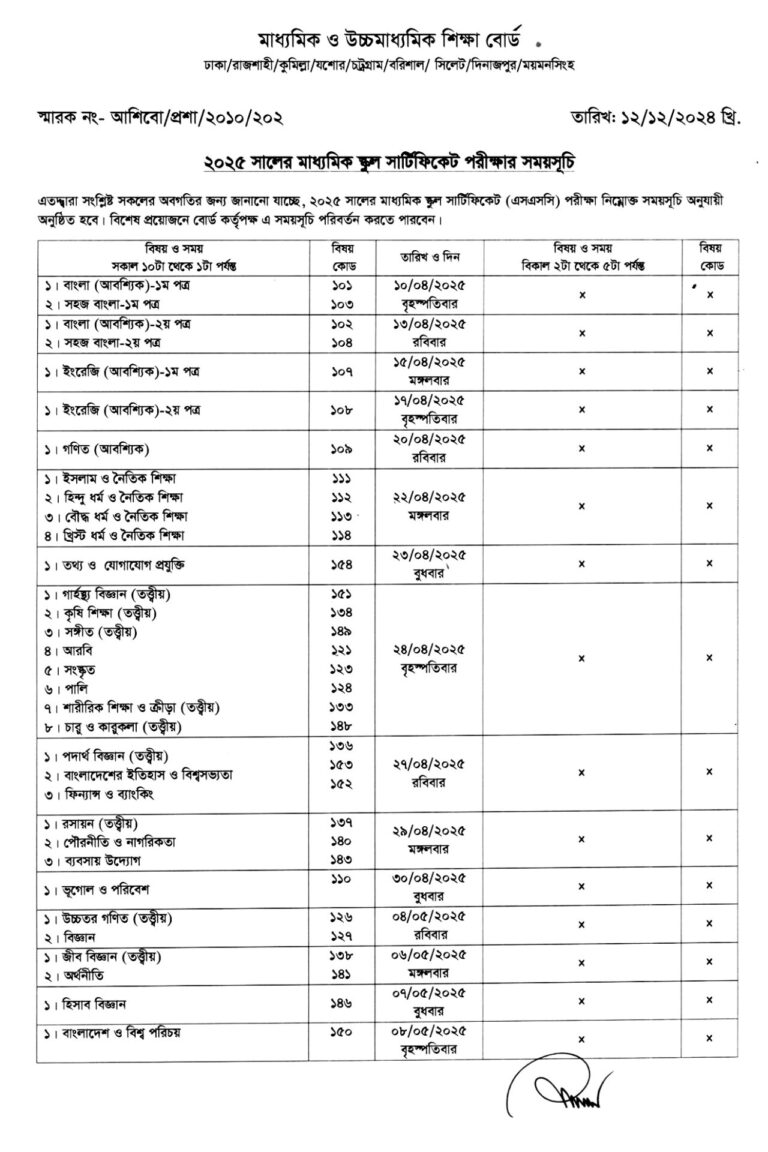Bangladesh Condemns Agartala Diplomatic Attack; Tripura Bans Bangladeshi Tourists
Tensions Rise as Tripura Hotels Ban Bangladeshi Nationals After Violent Agartala Attack on Bangladesh Mission
The northeastern Indian state of Tripura has announced a ban on Bangladeshi tourists staying in hotels across the region, citing recent incidents that have escalated tensions between the two neighboring countries. The decision, which came into effect immediately, was issued by the All Tripura Hotel and Restaurant Owners’ Association in a statement on Monday. The association has declared that no Bangladeshi citizens will be allowed to stay at hotels, and they will be denied services for the time being. The association referred to the decision as “temporary,” indicating that it is subject to change, but no timeline has been provided for lifting the ban.
This move comes in the wake of a serious incident in Tripura’s capital, Agartala, where a group of attackers stormed the premises of the Bangladesh Assistant High Commission. The attackers, alleged to be affiliated with Hindutva organizations, targeted the diplomatic mission, accusing Bangladesh of persecuting Hindu minorities. The incident has led to a sharp diplomatic row between India and Bangladesh, with both governments voicing their concerns over the situation.

The attack in Agartala, which occurred on the same day as several hundred people protested outside the Bangladesh Deputy High Commission in Mumbai, is seen by many as a coordinated effort to stoke tensions. The protesters, reportedly linked to the World Hindu Council (VHP), an influential Hindutva group, were calling attention to what they claim is the mistreatment of Hindu minorities in Bangladesh.
In response to the Agartala incident, India’s Ministry of External Affairs condemned the attack, describing it as “unfortunate” and stressing that diplomatic and consular properties must never be targeted. India assured Bangladesh that it would bolster security around all diplomatic missions, including the Bangladesh High Commission in New Delhi, to prevent further attacks.
Bangladesh, however, has expressed outrage at the attack, calling it a “pre-planned” assault aimed at undermining the country’s diplomatic interests. The Bangladesh Ministry of Foreign Affairs issued a strong statement condemning the incident and accusing India of failing to ensure the safety of foreign diplomats. The statement emphasized that the attack violated international conventions, specifically the Vienna Convention on Diplomatic Relations, which protects diplomatic missions from acts of violence and interference.
The Bangladesh government’s reaction has been swift and sharp. It has lodged a formal protest with the Indian government, demanding that those responsible for the attack be brought to justice. The Ministry of Foreign Affairs also highlighted that such incidents are not only a threat to diplomatic relations but also to regional peace and security.
In the midst of these tensions, the All Tripura Hotel and Restaurant Owners’ Association’s decision to ban Bangladeshi nationals from staying in hotels has raised alarms. The association’s statement also mentioned that all hotels in Tripura must display notices at their front desks warning that Bangladeshis are prohibited from booking rooms. Additionally, the association instructed hotels to increase security checks for all guests, particularly those arriving from Bangladesh.
While the association’s move has been described as a “temporary” measure, it has already sparked concern among tourism operators and human rights groups. Critics have condemned the ban as discriminatory, arguing that it unfairly targets Bangladeshi nationals and could harm the reputation of Tripura as a tourist destination. The ban could also lead to economic losses, as Bangladeshi tourists have been a significant source of revenue for local hotels, restaurants, and businesses.
Human rights organizations, including Amnesty International and the Bangladesh Human Rights Commission, have denounced the decision, calling it a violation of basic rights and freedoms. They argue that this discriminatory action is in violation of international human rights standards, which prohibit discrimination based on nationality or ethnicity.
Meanwhile, many are pointing out that the ongoing tensions between the two countries are a result of broader political issues, including the situation of religious minorities in both nations. Bangladesh has long faced criticism from Hindu groups in India over alleged mistreatment of Hindu minorities, while India has faced similar allegations regarding its treatment of Muslims, especially in states like Assam and Uttar Pradesh. The complexities of these issues are exacerbated by the rise of religious nationalism in both countries, which has contributed to a volatile atmosphere.
The situation in Tripura is a reflection of this broader context. While both India and Bangladesh have historically enjoyed strong diplomatic and cultural ties, recent incidents and the rise of Hindu nationalist sentiments in India have created divisions. The attack on the Bangladesh Assistant High Commission and the subsequent actions taken by Tripura’s hotel owners association are symptomatic of the growing frictions between the two countries.
In a statement, Bangladesh’s Foreign Ministry emphasized that such provocations would not be tolerated and that the government would continue to stand by the rights of its religious minorities, including Hindus, in the face of growing extremism. The statement further called on India to ensure that such incidents would not happen again and to uphold the principles of diplomacy and mutual respect.
As tensions continue to rise, both governments are under pressure to find a way to de-escalate the situation. For now, however, the diplomatic fallout from the attack on the Bangladesh High Commission and the ban on Bangladeshi tourists in Tripura shows no signs of abating. The incident underscores the delicate nature of international relations in South Asia, where political, religious, and cultural sensitivities often intertwine in ways that can lead to significant diplomatic challenges.
The international community, particularly neighboring countries, will likely be watching closely to see how India and Bangladesh navigate this increasingly complex situation.






